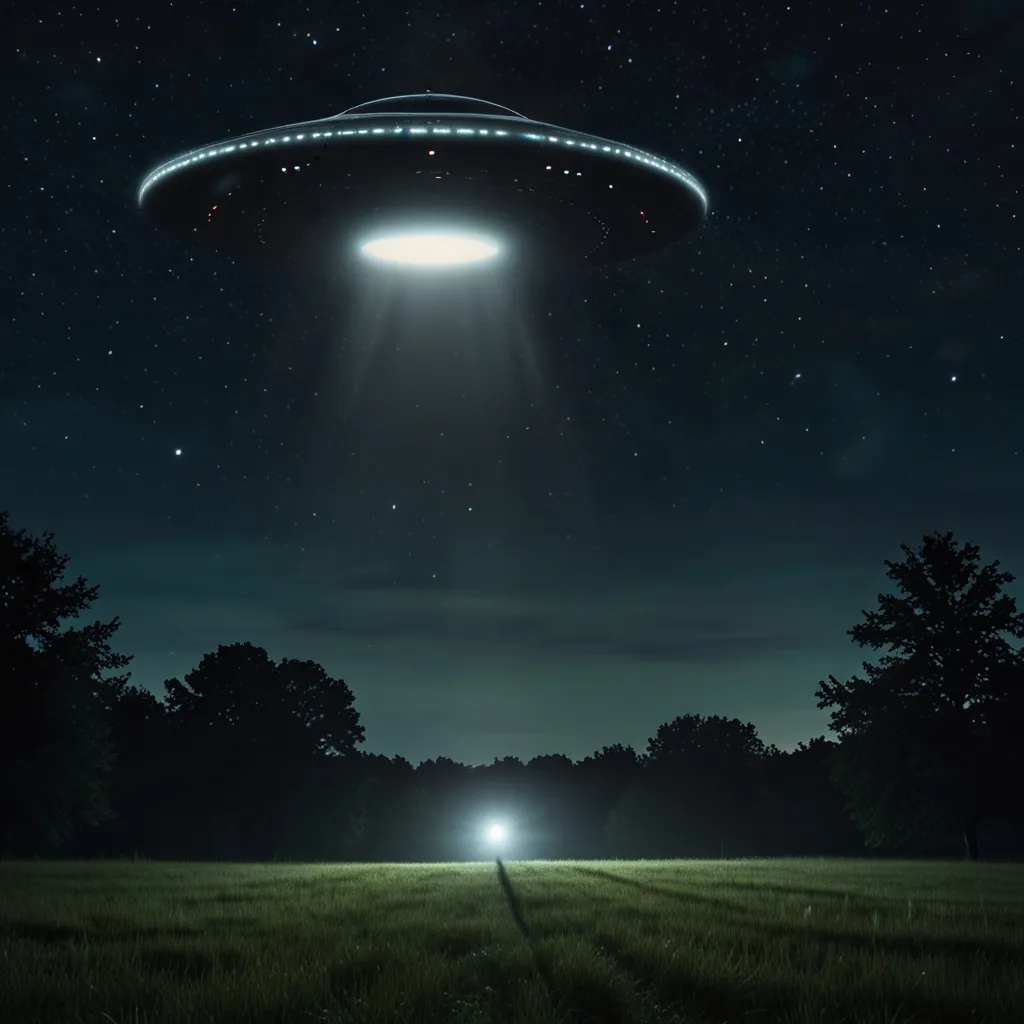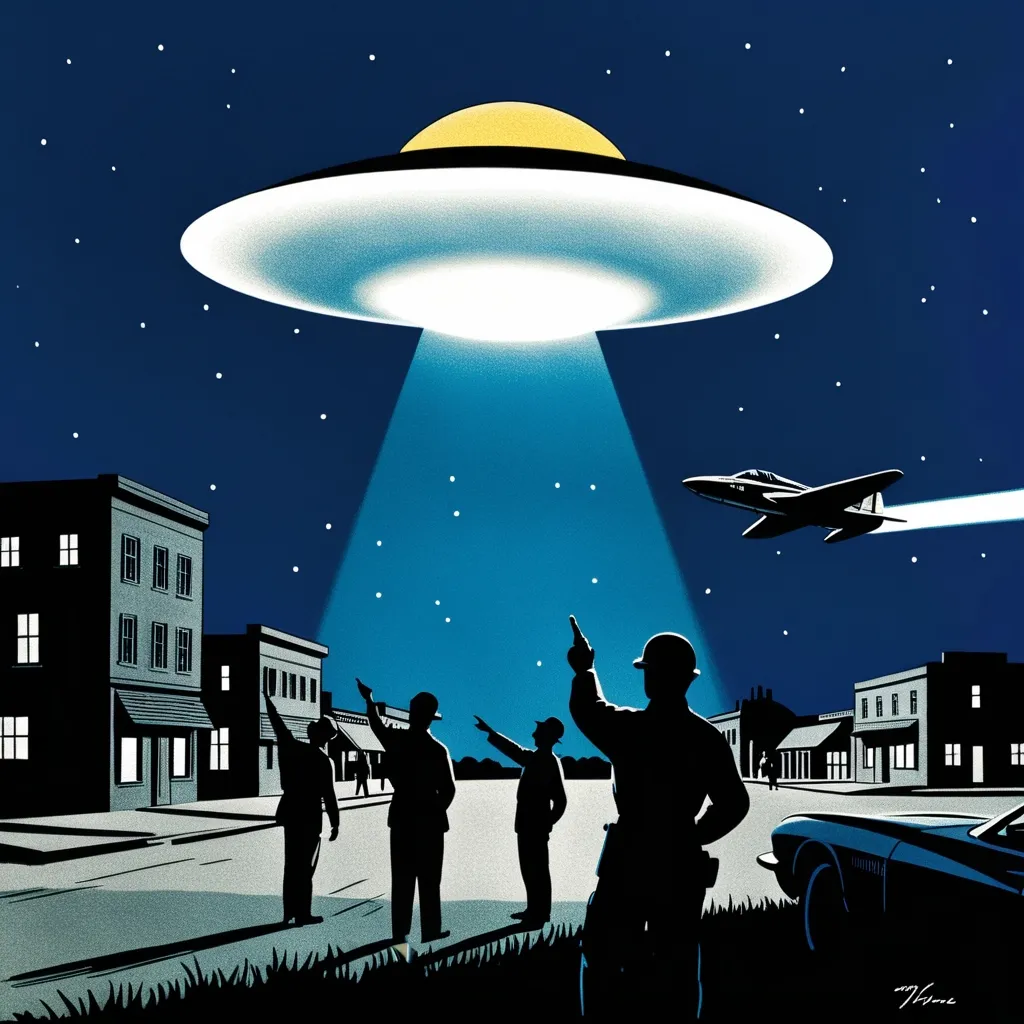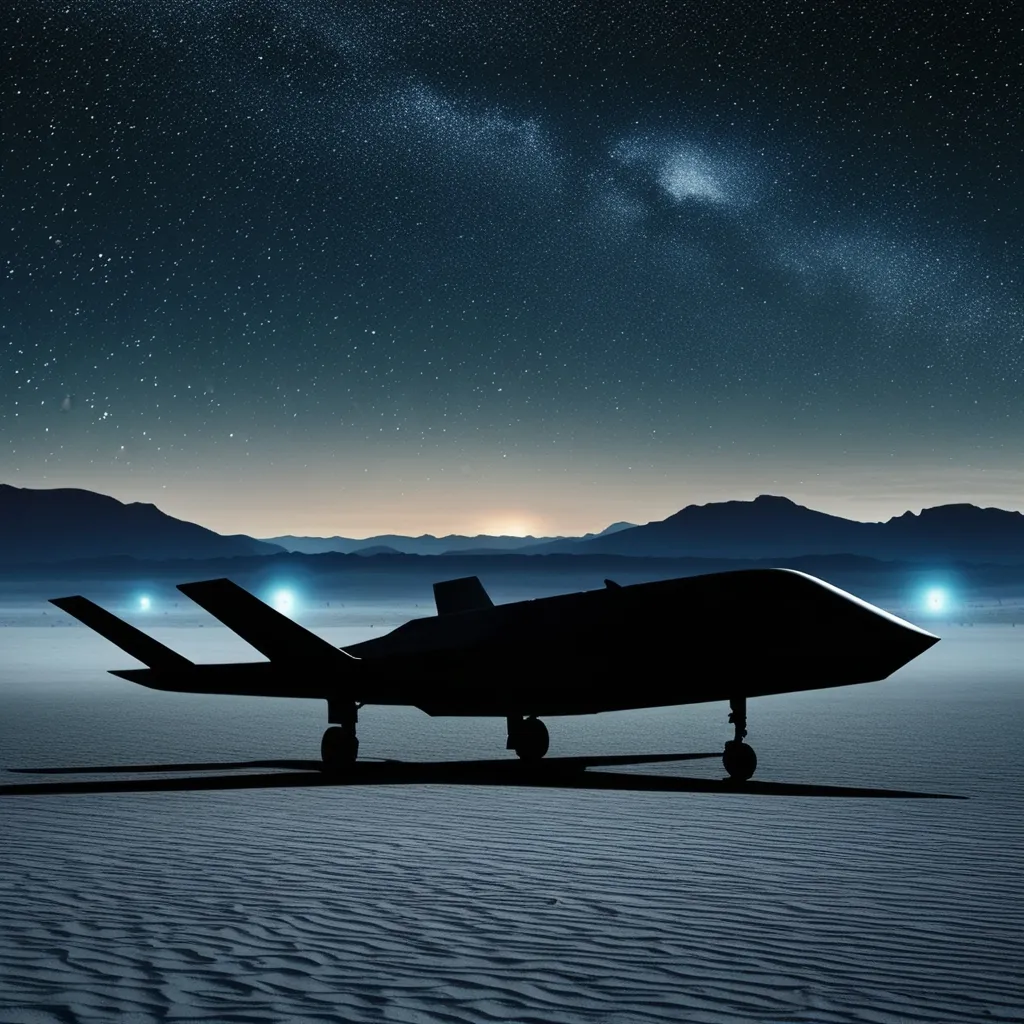There’s something timelessly captivating about UFOs, a topic that seems to merge the lines between fascination, skepticism, and sometimes sheer disbelief. Think about it - mysterious objects flitting across the skies, witnesses who could swear they saw something out of this world. It’s the stuff of both dreams and nightmares, and it’s been intriguing humanity for decades, if not centuries.
Let’s start by setting the stage. Ever since the first sighting reported almost casually back in the day, the U.S. Air Force, amongst others, has been on a mission. The goal: identify these unidentified flying objects or prove there’s nothing there to identify at all. They leaned on science, skepticism, and a heap of cold, hard facts—or at least, that was the plan.
Fast forward to recent years, when conversations about UFOs transformed from quiet, somewhat taboo talks into mainstream discussions. Take Senator Harry Reid, for example. The man heard murmurs, caught wind of some Navy videos, and the next thing you know, the Senate was involved. Reid’s push was about not only transparency but also ensuring that whatever was zipping past our top-notch military folks wasn’t a threat.
On paper, these discussions culminated in reports and videos that, to some, were more anticlimactic than anything else. Nine pages, really? For something that had the potential to change our understanding of existence? Expectations were sky-high (pun intended), and while the reactions were mixed, curiosity didn’t wane.
The infamous Tic Tac video, the Gimbal incident—names that have become somewhat legendary among UFO enthusiasts. Military pilots like Alex Dietrich stepped up, voices steady, recounting encounters that seemed lifted straight from a sci-fi flick. Objects moving without visible propulsion, whipping past in ways that defied known laws of physics. It wasn’t just about the sightings; it was about the legitimacy suddenly lent to these stories, thanks to the caliber of the witnesses.
Imagine being in those pilots’ boots for a second. You’re trained to observe, to notice minutiae. When you see something you can’t explain, something that dances around in the sky as if mocking gravity, it’s not just a fleeting moment. It’s a conundrum that sticks with you, challenges your training, and pushes you to seek answers, even when they seem elusive or, dare I say, alien.
Senate hearings, budget grants squeezed into COVID relief bills—these aren’t exactly the usual suspects you think of when it comes to probing the stars and beyond. Yet, here we are, society inching closer to a possible disclosure that decades ago would have been waved off as pure science fiction.
And, speaking of science fiction, don’t think this endeavor is free from its fair share of cloak-and-dagger activities. The Advanced Aerial Threat Identification Program (AATIP) was rolled out into the public eye by sheer journalist grandstanding. A New York Times article peeled off the layers of secrecy, revealing a program that, while not actively hunting for E.T., was certainly ready to catalog the anomalies.
Gotta love those government secrets, right? It’s not that they’re hiding in plain sight—more like lurking just beneath officialdom, a whisper away from becoming the next conspiracy theory or blockbuster revelation. And speaking of blockbuster moments, can we talk about the footage quality? Pretty grainy, if we’re being honest. Almost like watching a dated home movie, but starring unidentified aerial phenomena instead of Uncle Bob’s wedding day.
That said, skepticism is a healthy bedfellow here. Sure, pilots are a credible source, but even the most skilled can mistake Venus for a looming spaceship after a long day. This is where radar data steps in, offering a more objective set of eyes, and let’s face it, a less subjective narrative.
One thing’s for sure, the conversation surrounding UFOs has shifted massively over the years. The stigma slowly peeling away, pushing forward discourse that could make even the most diehard skeptic tilt their head in contemplation. When once the mainstream media might’ve chuckled at the thought, today, outlets like BBC Newsnight have handled the topic with the gravitas it arguably deserves.
It’s not just about lights in the sky anymore. The dialogue has morphed into something almost philosophical, probing into what these sightings mean, not just for national security but for our understanding of existence itself. Beyond the iconic flying saucers of the 1950s, theories now span interdimensional phenomena, challenging us to expand not just our vision but our comprehension of reality.
And let’s not ignore the psychological landscape painted here. With government officials, trained military personnel, and pilots stepping into the limelight to validate these claims, we’re left in a peculiar spot. The air of dismissal once clouding UFO reports is being crusaded by a strangled call for truth—a discourse that’s only gathering momentum.
As we stand on this edge, staring into the uncertain skies, one thing becomes clear: Mankind’s quest for understanding, no matter how otherworldly, is relentless. Whether it’s about proving it to the skeptics or satiating the fathomless curiosity within, this journey is far from over.
But that’s all part of the allure, isn’t it? The excitement, the mystery, the undeniable tinge of romance ascribed to the unknown. In this era of space exploration and Sci-Fi dreams inching towards a possible reality, it feels just a bit thrilling to keep looking up, wondering what might come streaking across the night sky next.






